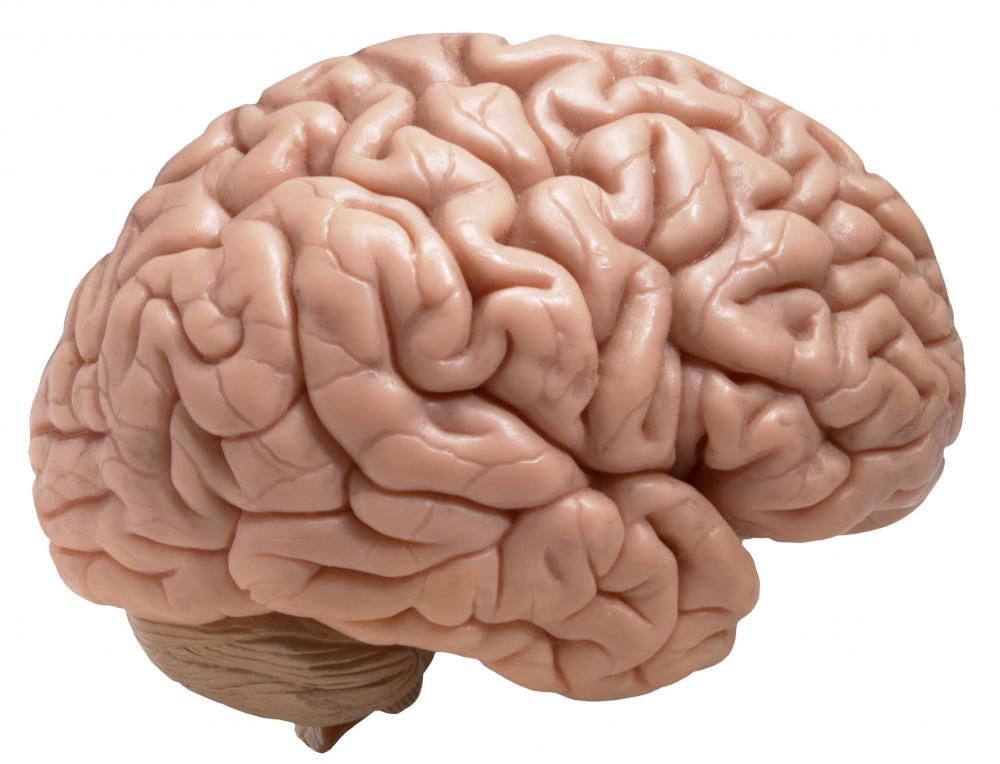At TheHealthBoard, we're committed to delivering accurate, trustworthy information. Our expert-authored content is rigorously fact-checked and sourced from credible authorities. Discover how we uphold the highest standards in providing you with reliable knowledge.
How Effective Is Risperidone for Depression?
Risperidone is an antipsychotic medication more commonly prescribed for bipolar mania, schizophrenia and autism but recent studies have found that prescribing risperidone for depression for a short time increases the success of the treatment. About one third of people suffering from depression do not respond to therapy using antidepressants only but when that treatment was augmented with risperidone, there was enhanced response. This was especially true for sufferers of major depressive disorder, a group traditionally more resistant to symptom resolution with standard antidepressant treatment.
Studies have found that short-term augmentation with risperidone of a serotonin-selective reuptake inhibitor, or SSRI, for patients with treatment-resistant depression resulted in symptom resolution and a significant reduction in relapse rates. The augmentation over a long-term period did not confer any additional therapeutic benefits, however, so it seems that risperidone for depression is more effective over the short-term. More research into this factor of the treatment needs to be carried out.

As one of the atypical antipsychotic drugs, risperidone differs from typical antipsychotics in that there is a reduction in some of the side effects. Exactly how the drug works is not known, but it is thought that it blocks several serotonin and dopamine nerve receptors. Psychotic illnesses such as schizophrenia and depression are probably caused by abnormal communication among the nerves in the brain and by blocking or altering transmission of these messages, risperidone affects the psychotic state.

The search for a more effective treatment for major depressive disorder is a priority as the illness affects over 320 million people all over the world. Of those, just over half respond to treatment with standard SSRI's. With the augmentation of risperidone for depression, these figures could be drastically improved. This would have a major effect not only on the patient's quality of life but would also represent a huge saving in health care costs worldwide.

There are some considerations before taking risperidone for depression. Side effects include a tendency to make sudden involuntary movements like twitches, dizziness, fatigue, hyperactivity, fever and nausea. Elevated blood sugar levels and orthostatic hypotension, a drop in blood pressure when getting up too fast, have also been cause for some concern. Any persistent or severe symptom should always be reported immediately to a health care provider.

Use of the drug for elderly patients with dementia may increase the likelihood of serious and possibly fatal side effects such as stroke and heart failure. In addition, when taking risperidone for depression in combination with other drugs, patients and doctors should be aware of the interactions between the drugs. As with any other medication, care should be taken as different people respond differently.
AS FEATURED ON:
AS FEATURED ON:















Discuss this Article
Post your comments